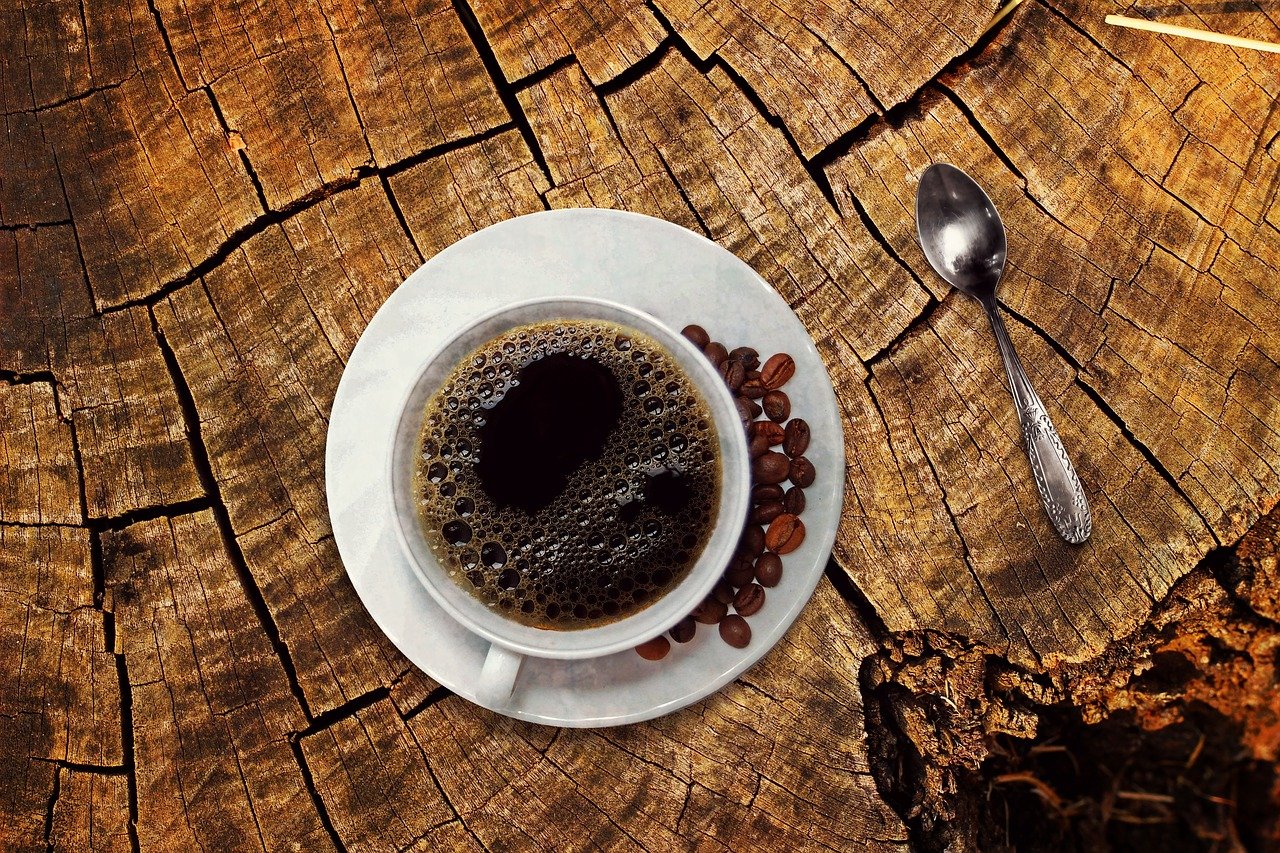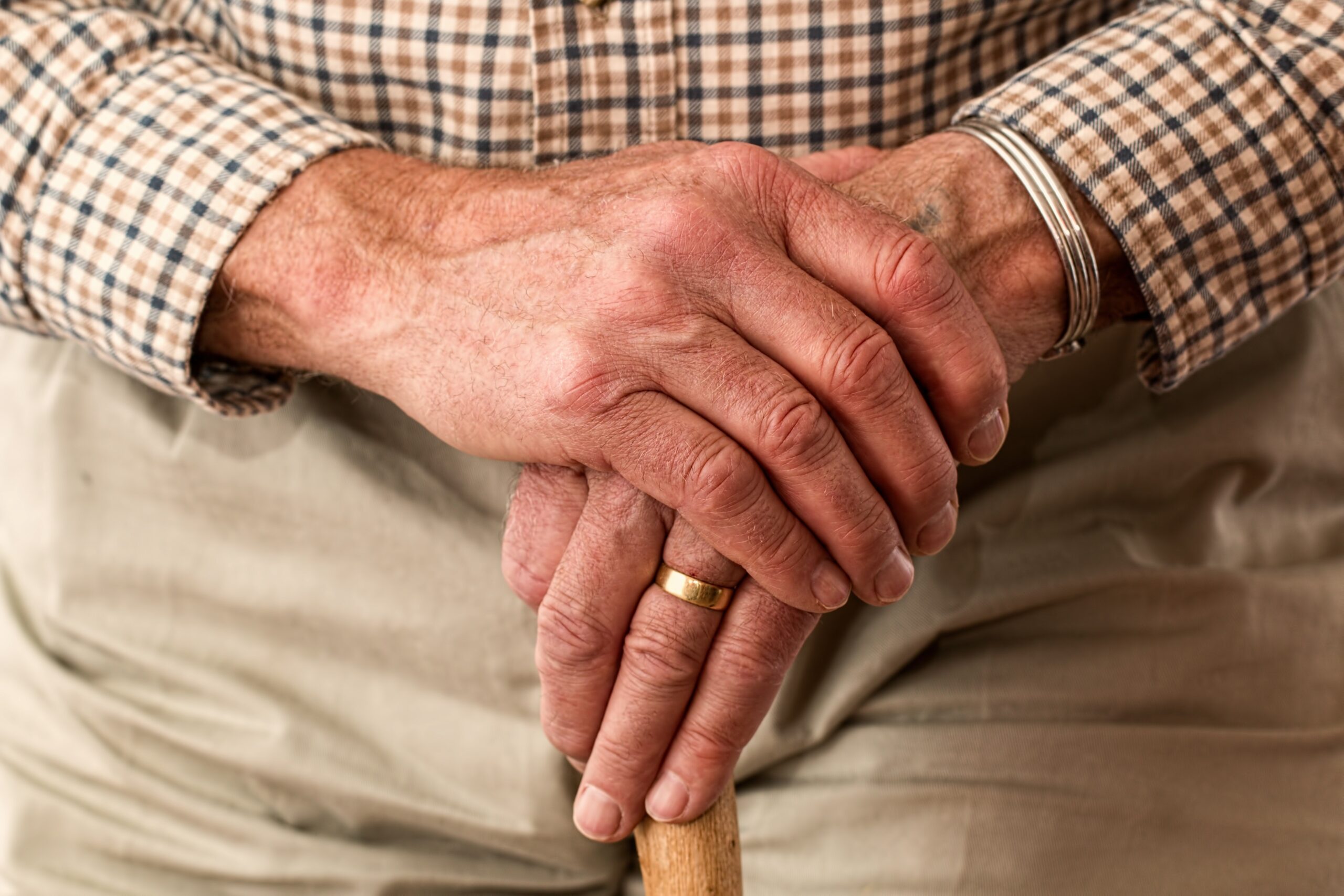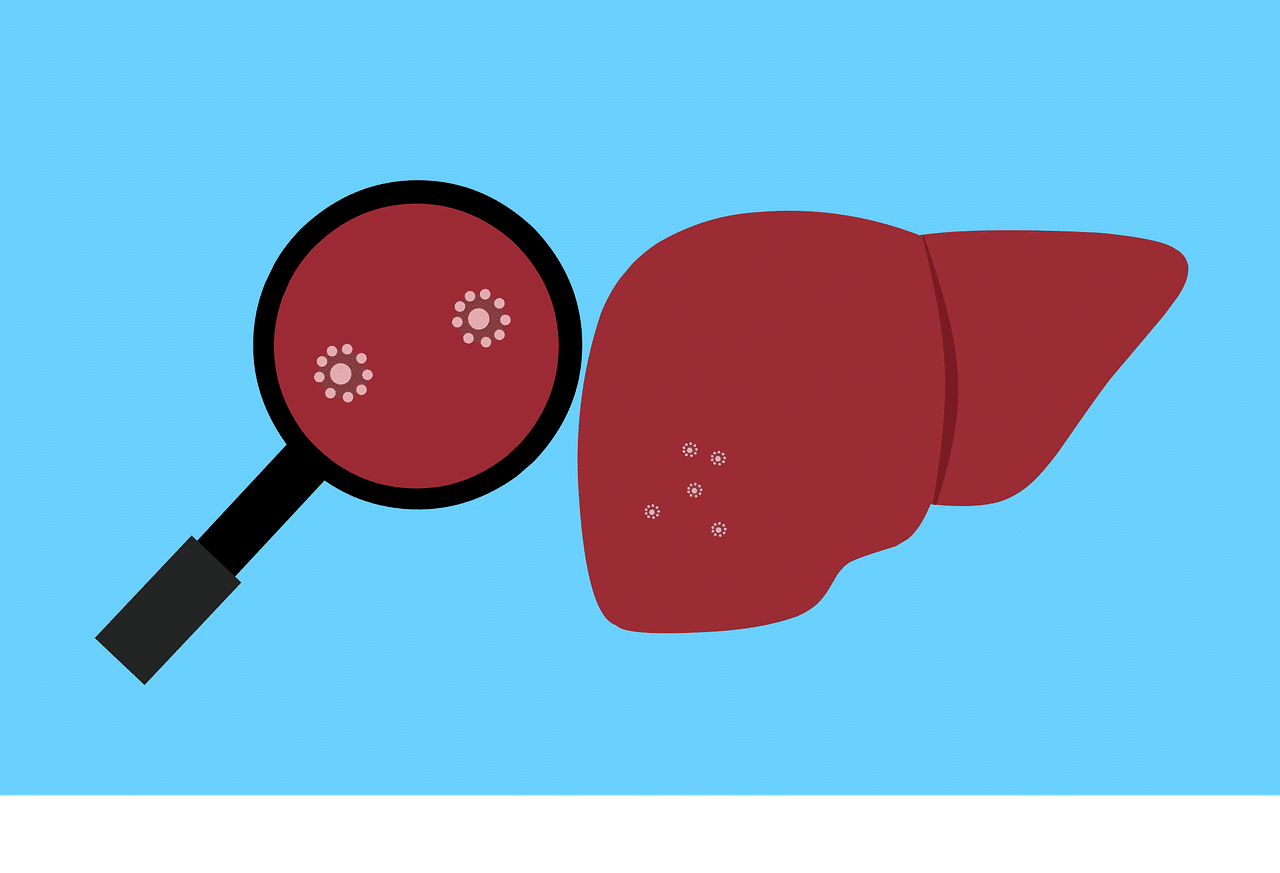Coffee and tea are the two most commonly used beverages in the world. Millions of people rely on caffeine to start their day and many of them take between three to five cups on average to make it through the day. Caffeine can surely make a person energetic but a higher consumption of it increases the risk of developing osteoporosis in later years, suggesting to put a limit on caffeine intake.
The new study talks about how coffee changes the way the body retains calcium that is affected by the high intake of caffeine. Taking 800 mg or a closer amount of caffeine during a five to six months period almost doubles the amount of calcium lost. In a way, a high caffeine intake increases the risks of osteoporosis as it decreases bone density and health.
The complete study findings are published in the British Journal of Clinical Pharmacology.
This is the first-ever study that talks about how high-dose caffeine for a short term could lead to adverse health effects. Osteoporosis is a disease that affects the quality of life and limits a person’s mobility, making him incapable to do even the most basic tasks.
Also read- Drug Overdose Related Deaths Hit an All-Time High in the US
This caffeine intake increases the renal excretion of calcium, as well as sodium and creatinine from the body. So, this emerging coffee culture is not at all healthy. Therefore, people should know about all the dangers they are inviting for themselves without even realizing it.
The real reason why this information could be so important is that coffee and tea are among the widely used and liked recreational beverages in the entire world. More than 80% of people consume at least one high caffeinated drink and 50% take more than two cups. Caffeine has stimulatory properties and from house makers to skilled professionals everyone likes to get this energetic boost that it provides. Even those who are military use caffeine to get over drowsiness, lethargy and sleepiness.
But it is a well-established fact now, that like all other things, coffee also has drawbacks especially when you take multiple cups of it. High caffeine in your coffee may invite a number of joints and bone diseases like osteoporosis, arthritis and related conditions.
This new study estimates that 800mg is enough to lose nearly 77% of calcium from the body through urine. This huge loss created a deficiency making the bones weak and more susceptible to damage.
For those who do not know osteoporosis is a severe and painful condition where the bones lose density and become weak. The fragile stricture makes them more vulnerable to injuries, fractures and accidents with slow recovery. As the body excretes minerals, including calcium, it becomes nearly impossible for the body to function normally. Without adding these minerals back to the diet, there might be no chance to recover from this and the condition worsens with age.
Also read- Winter Weather Viral Infection Spreads Amid Summer in Infants, Concerns Doctors
All the participants in this study were provided with caffeine gum and the placebo group was given a dupe. These gums were used for five minutes only, every two hours for six-hour long period. This makes the caffeine intake to be 800 mg that was the prime value to check in this study.
Two cups of coffee make nearly 200 mg, so 800 mg means that a person is taking seven to eight cups of coffee. While this amount may sound too much for some people, there would always be people who would be among these caffeine consumers. Teenagers, older adults and people with low immunity are at further high risk of osteoporosis, without even realizing the chronic complications caused by excessive caffeine intake.
When used in moderation, caffeine certainly has some benefits but it is necessary to establish a limit so that it does not affect bone health. Osteoporosis is a preventable disease and controlling caffeine intake can definitely make a difference.


